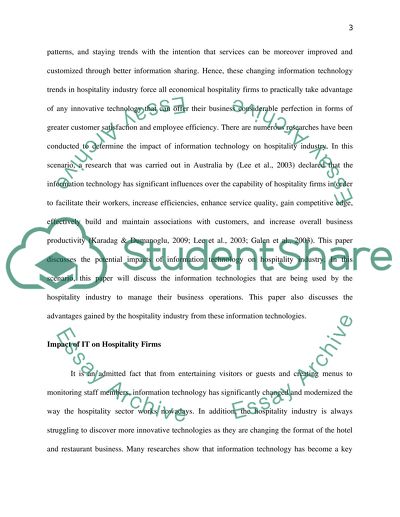Cite this document
(“Impact of information technology on Hotel Business Essay”, n.d.)
Retrieved from https://studentshare.org/tourism/1398183-impact-of-information-technology-on-hotel-business
Retrieved from https://studentshare.org/tourism/1398183-impact-of-information-technology-on-hotel-business
(Impact of Information Technology on Hotel Business Essay)
https://studentshare.org/tourism/1398183-impact-of-information-technology-on-hotel-business.
https://studentshare.org/tourism/1398183-impact-of-information-technology-on-hotel-business.
“Impact of Information Technology on Hotel Business Essay”, n.d. https://studentshare.org/tourism/1398183-impact-of-information-technology-on-hotel-business.


